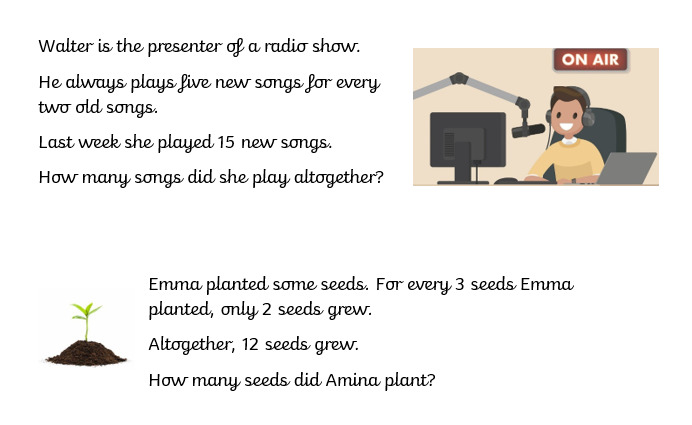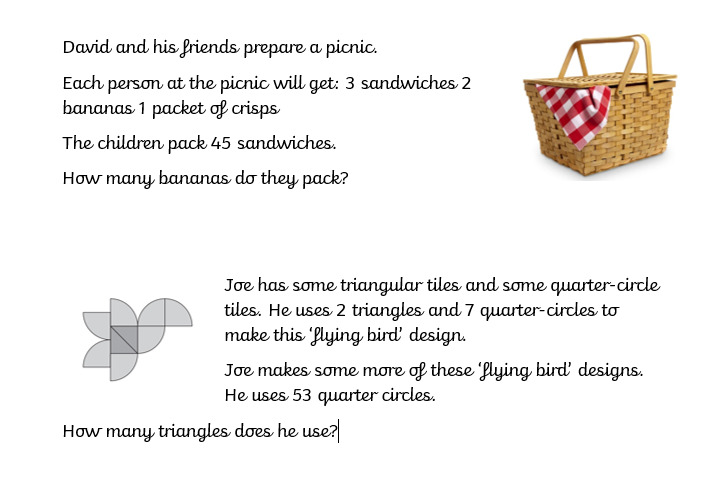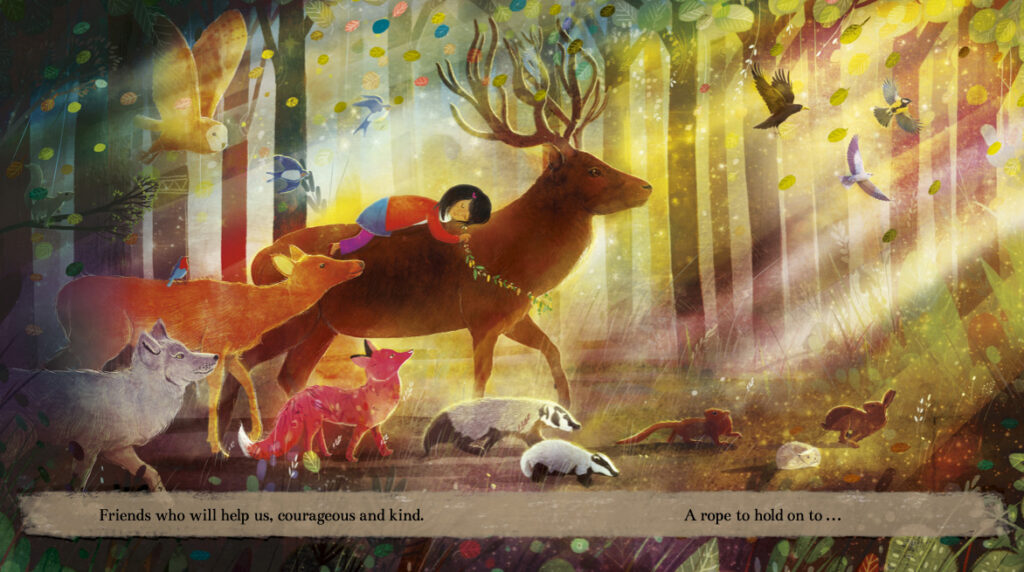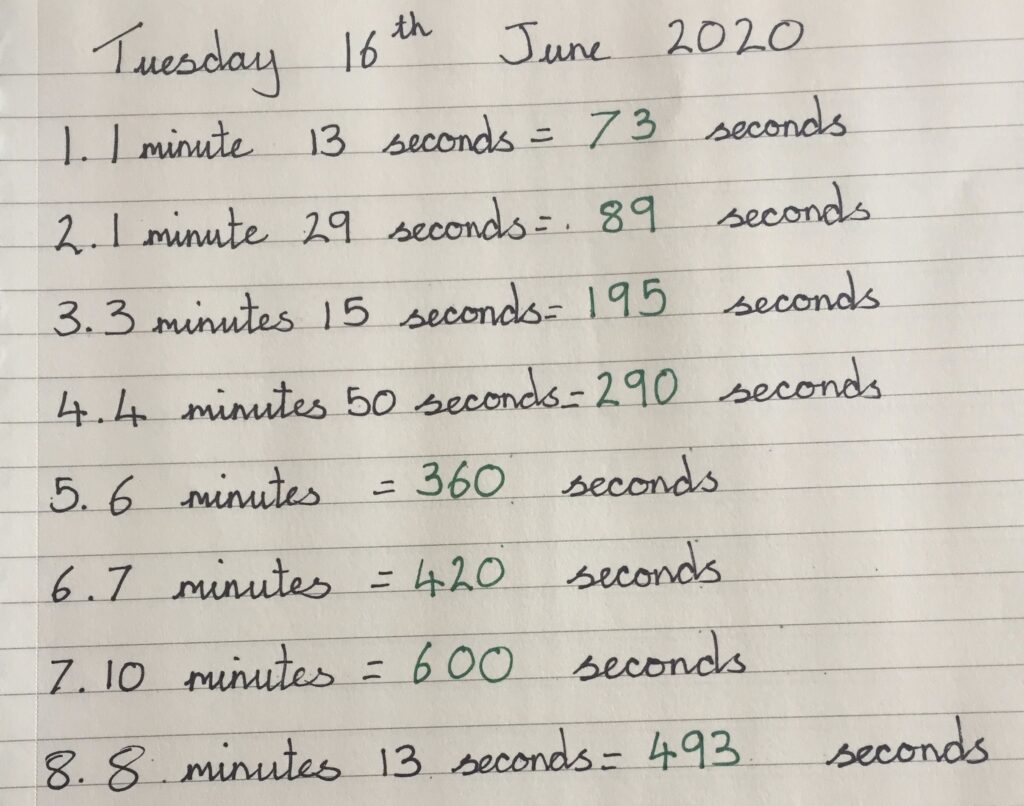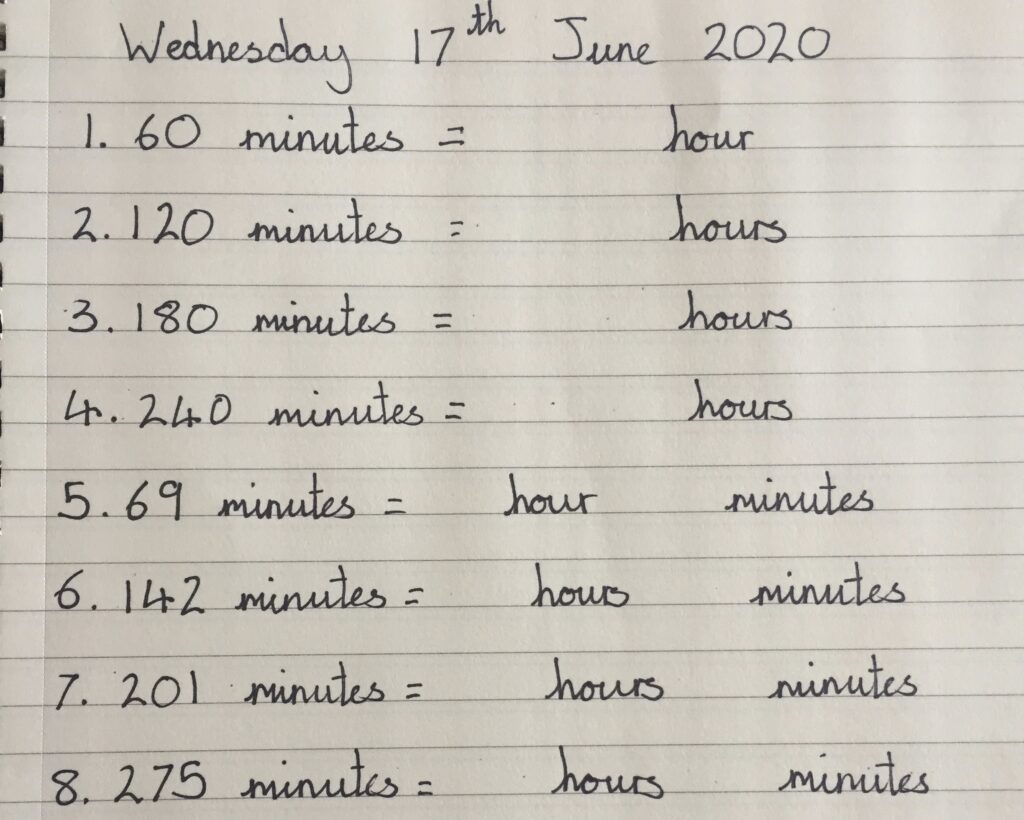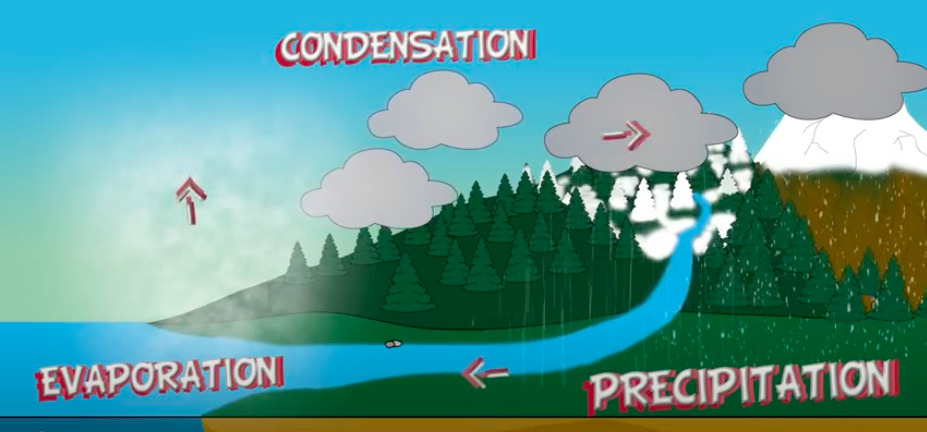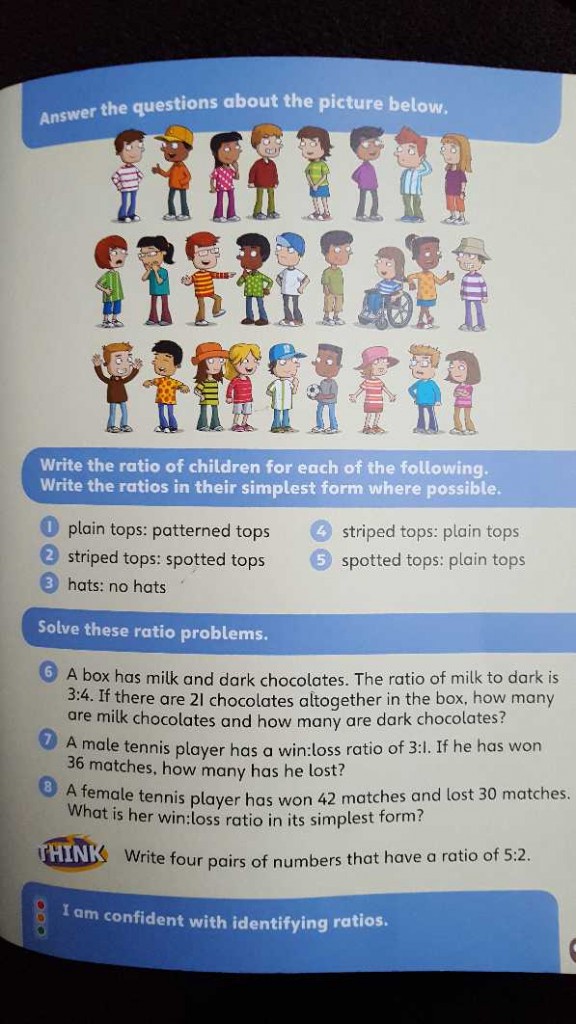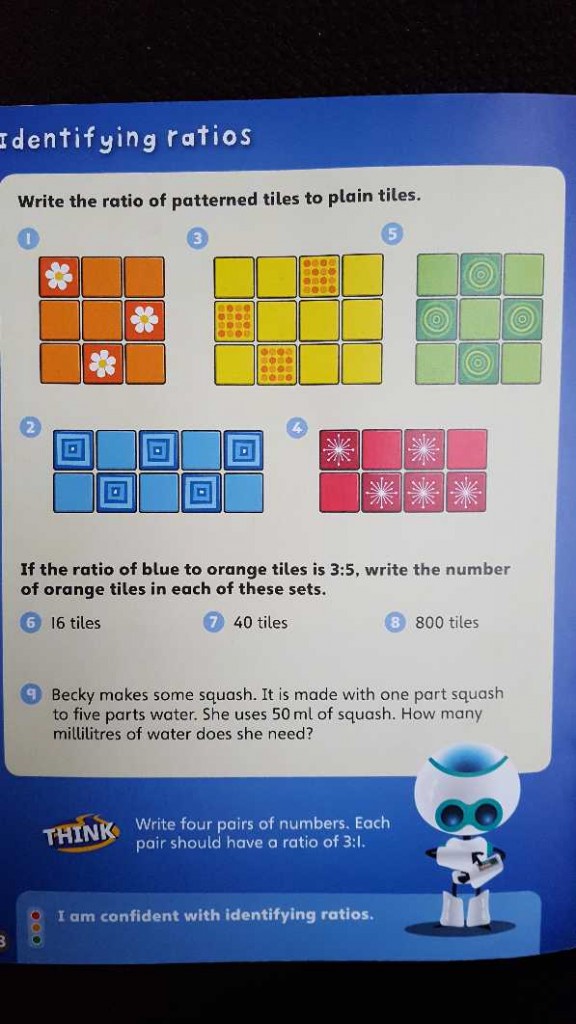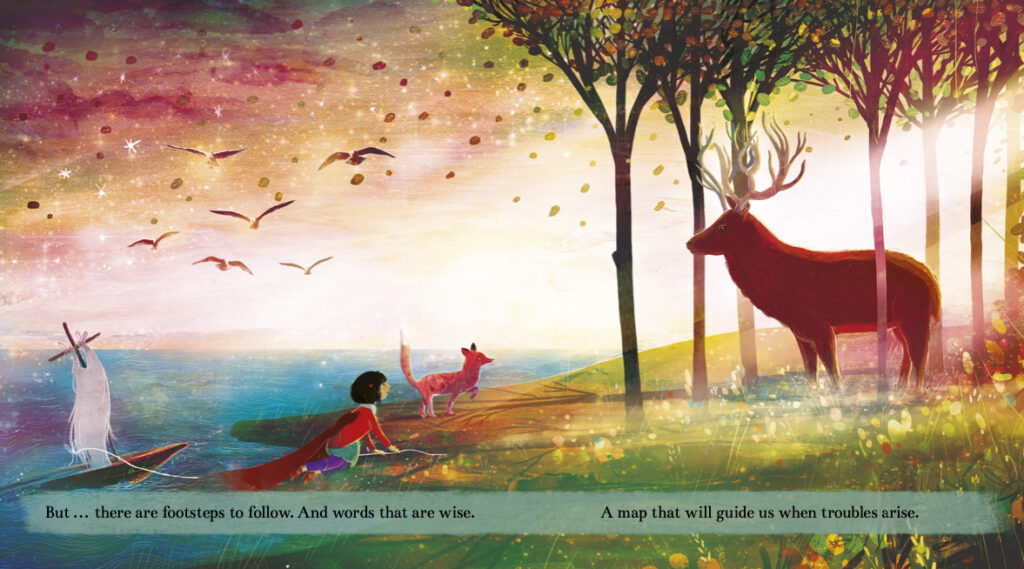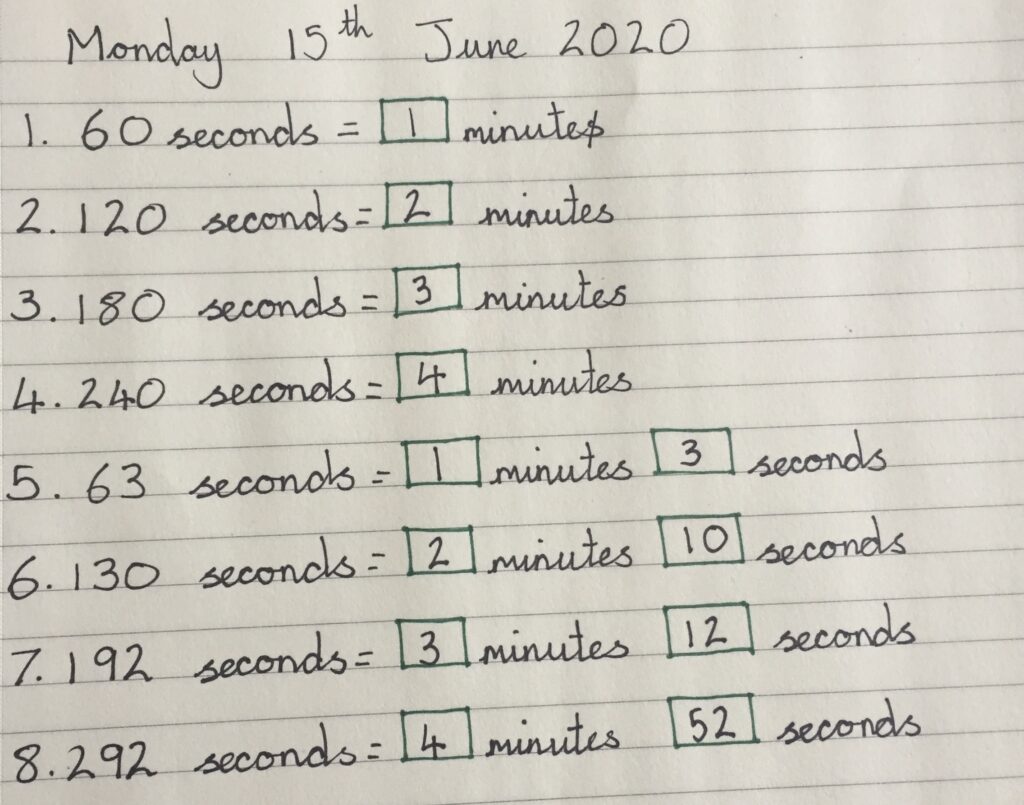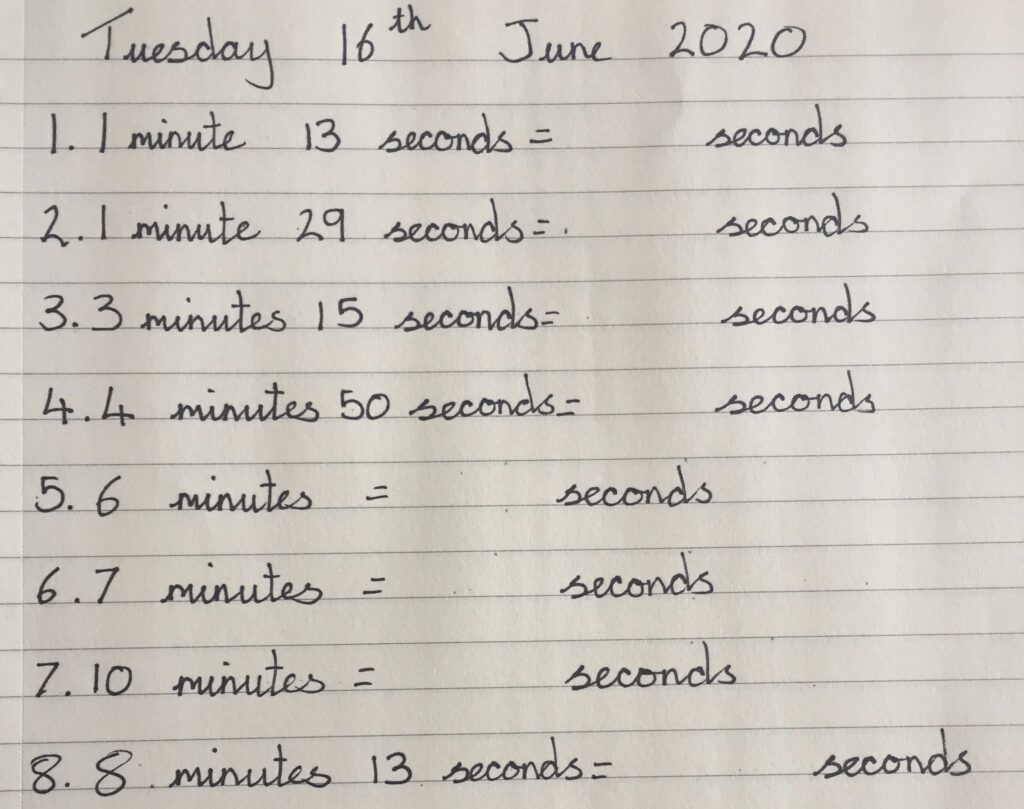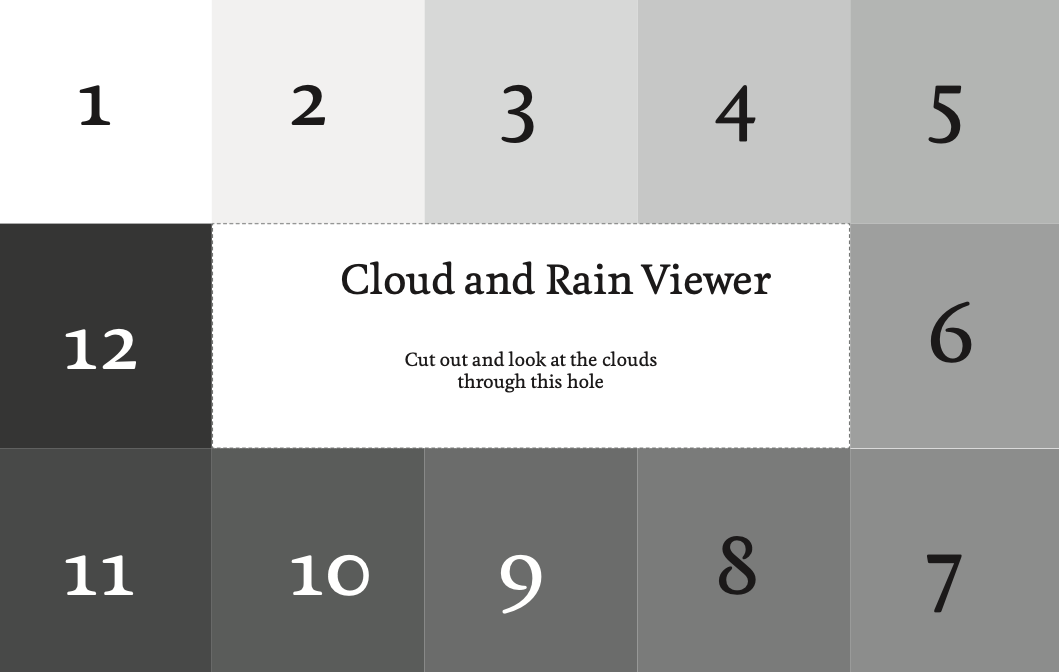Good morning everyone.
I hope you are well today.
Today’s suggested learning activities are as follows;-
In English, we will be thinking about the line from our book ‘Friends who will help us, courageous and kind’ and thinking about people we know who help us.
In Maths, continuing with our money focus, how about becoming a shopkeeper today. You will need to label your products and deal with some customers, taking their money and giving change! Remember to say your pleases and thank you’s!
In Phonics, we will be going on a split diagraph hunt!
In History, thinking about people who help us who are courageous and kind, we will learn about Florence Nightingale today!
Remember to keep in touch with me whatever you are doing today!
Keep smiling as always 🙂
Mrs Brown
Phonics – Split Digraph Practise
Today we are going to focus on all the split diagraphs we know;-
a-e
o-e
e-e
u-e
Remember there is only 1 letter in between the split diagraphs. ie cake, these, nose, tune.
Look at some books that you have at home. Can you find any split diagraphs? Which split diagraph can you find the most of?
Happy spotting!
Maths – Let’s make our own shop
Still thinking about money today, let’s make our own shop at home.
Mrs Brown used to love playing shoe shops when she was little, but you can create whatever type of shop you like.
Write the prices on whatever you are selling. You need to make your prices under 50p or whatever amount you are confident with. I would label things 1p, 2p, 5p or 10p to start with.
If your customer buys more than one thing can you add up the price? Can you give the right change too?
Have fun being the shopkeeper today! I hope you don’t get any awkward customers today!
English – Friends who will help us, courageous and kind
I would like us to think about another line from Rain Before Rainbows, ‘Friends who will help us courageous and kind’.
I would like you to firstly think about the words courageous and kind. What do they mean? Are you courageous? What have you done to be courageous before? Who do you know that is courageous?
Also, what does being kind mean? Are you kind? what kind things have you done out of kindness? Who do you know that is kind?
Finally make a list of friends or other people who might help us in our lives – are these people courageous and kind?
History – Florence Nightingale
Today, in English we are thinking about ‘Friends who will help us, courageous and kind’.
We will carry this through into History today, where we will learn about Florence Nightingale.
Florence Nightingale was a kind nurse who helped people – she was definitely courageous and kind!
Click on this link to find out more about her;- https://www.bbc.co.uk/bitesize/articles/zj274xs
